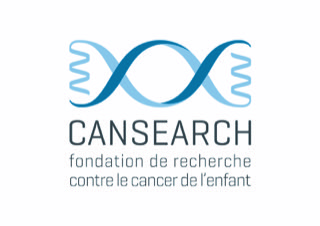j) UGT2B10 Study
Genetic association studies at the whole exome or genome scale will allow us to determine if a specific variant is associated with the outcome of interest, namely the toxicity or efficacy of a treatment. However, what we will not know is whether the associated variant and gene are responsible for the studied toxicities or efficacy mechanisms. That’s why we need to conduct functional studies in different cellular or animal models.
In this study, we proposed a simple and effective pipeline comprising in silico prioritization followed by in vitro testing of drugs that may be substrates or inhibitors of UGT2B10, a gene in which a variant has been associated with sinusoidal obstruction syndrome (toxicity to the liver and microcirculation) in the context of pediatric hematopoietic stem cell transplantation (HSCT). Drugs such as anti-infectives, prophylactic medications for aGvHD, or epilepsy medications are commonly used in HSCT, and they may participate in drug interactions, leading to clinically observed toxicities in specific individuals for whom the function of UGT2B10 or another isoform of UGT is compromised. Using this approach, we identified mycophenolic acid and lorazepam as inhibitors of UGT2B10.
